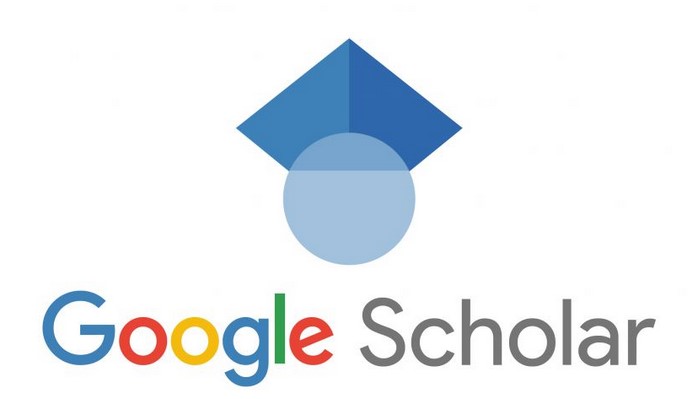About This Journal
About this Journal
- Journal Publisher
- Journal History
- History of the Publisher
- Journal Sponsorship
- Other Revenue
- Digital Archiving
- Publishing Schedule
- Language
- Types of Articles
- Contact
PUBLISHING SCHEDULE This journal publishes its issues biannually (in April and October). |
| Abstracting and Indexing This journal is abstracted and indexed by DOAJ, SINTA, GOOGLE SCHOLAR, and GARUDA. |
CONTACT |
| Publisher Universitas Negeri Yogyakarta |
| Address | : | Jl. Colombo No. 1, Sleman, Yogyakarta 55281 |
| Website | : | https://uny.ac.id/ |
| Phone | : | (+62274) 586168 |
Journal Manager Civic Education Department Universitas Negeri Yogyakarta, in collaboration with Asosiasi Profesi Pendidikan Pancasila dan Kewarganegaraan (AP3KnI) |
| Address | : | Jl. Colombo No. 1, Sleman, Yogyakarta 55281 |
| Website | : | https://pendidikan-kewarganegaraan-hukum.fishipol.uny.ac.id/id |
| : | pknh@uny.ac.id | |
| Phone | : | (+62274) 548201 |
Editorial Team Jurnal Civics: Media Kajian Kewarganegaraan |
| Address | : | Jl. Colombo No. 1, Sleman, Yogyakarta 55281 |
| : | journalcivics@uny.ac.id | |
| Phone | : | (+62274)548201 |



